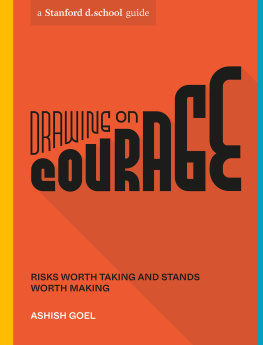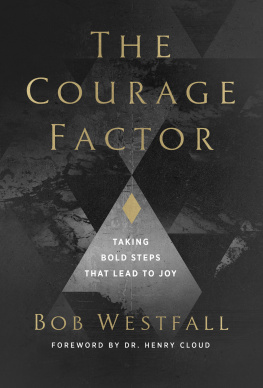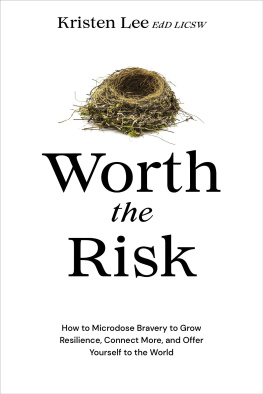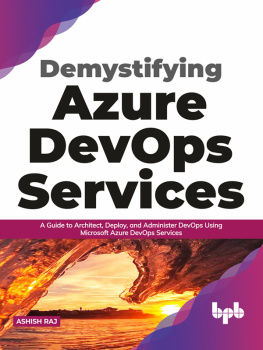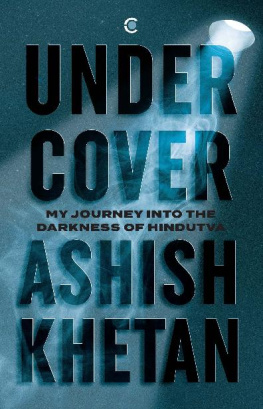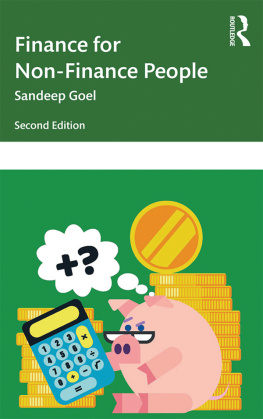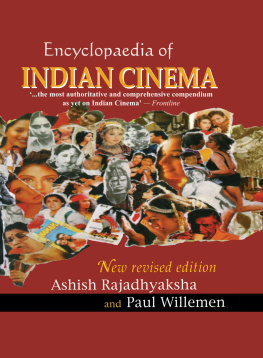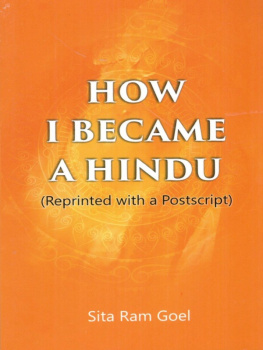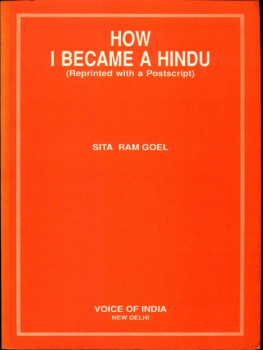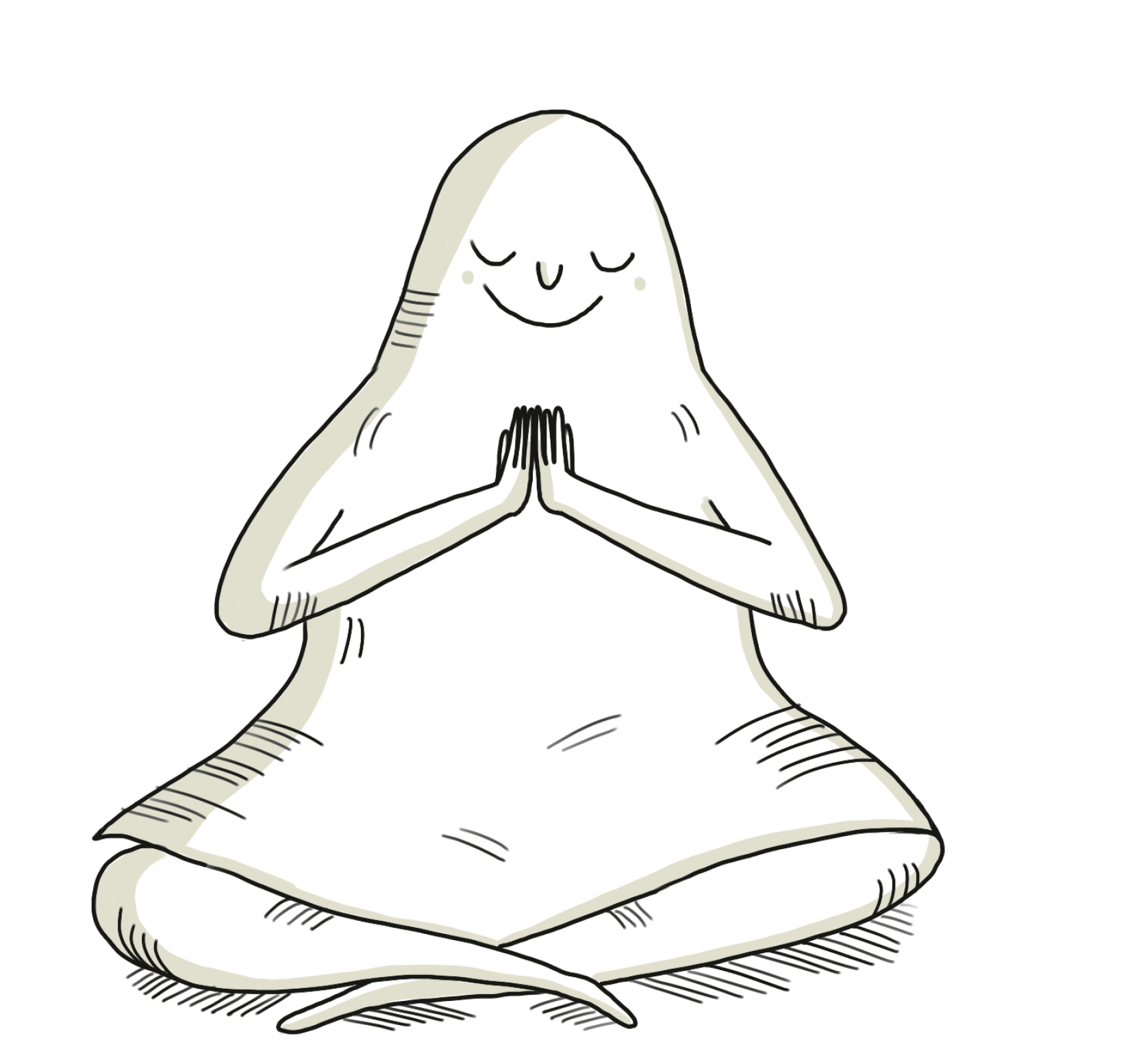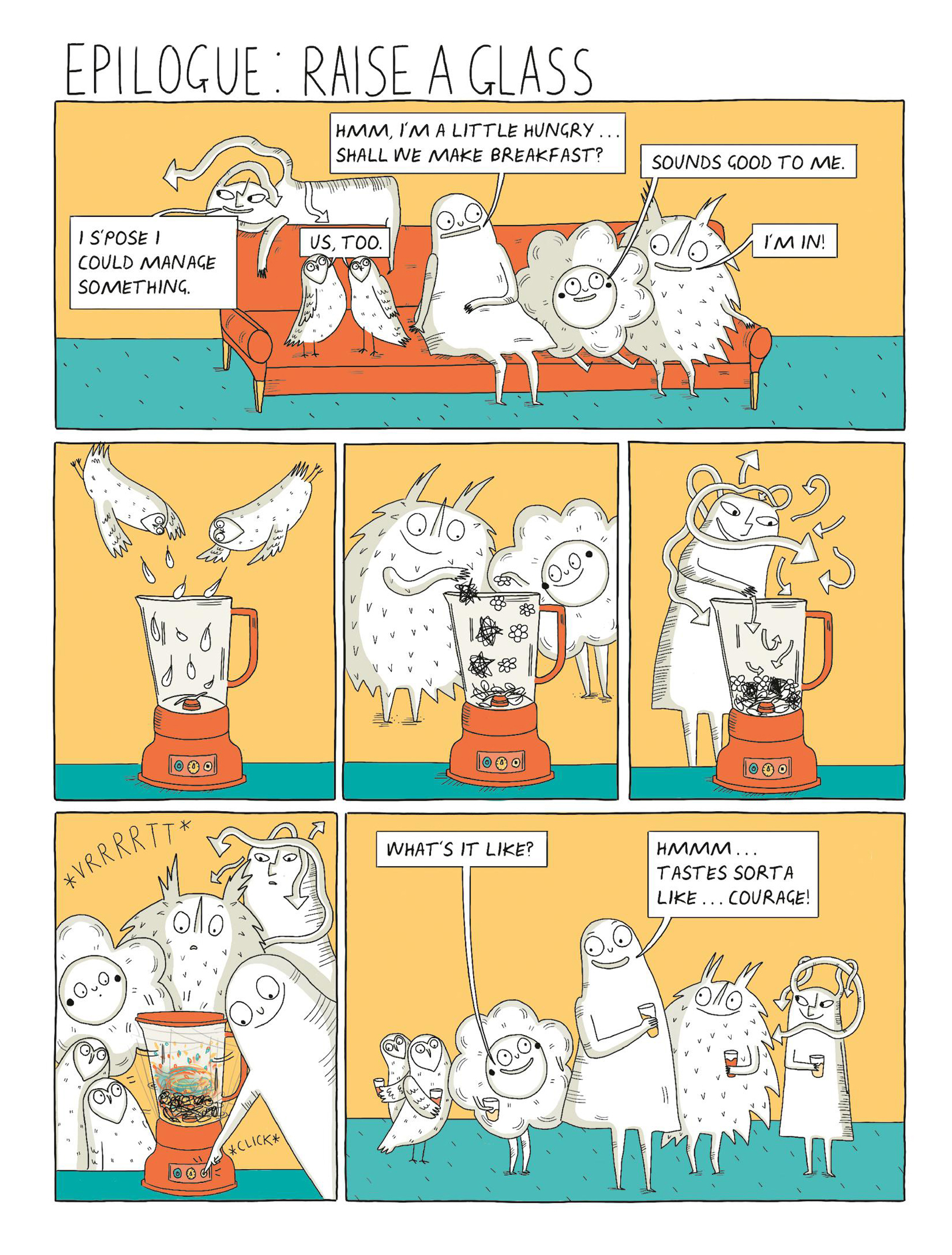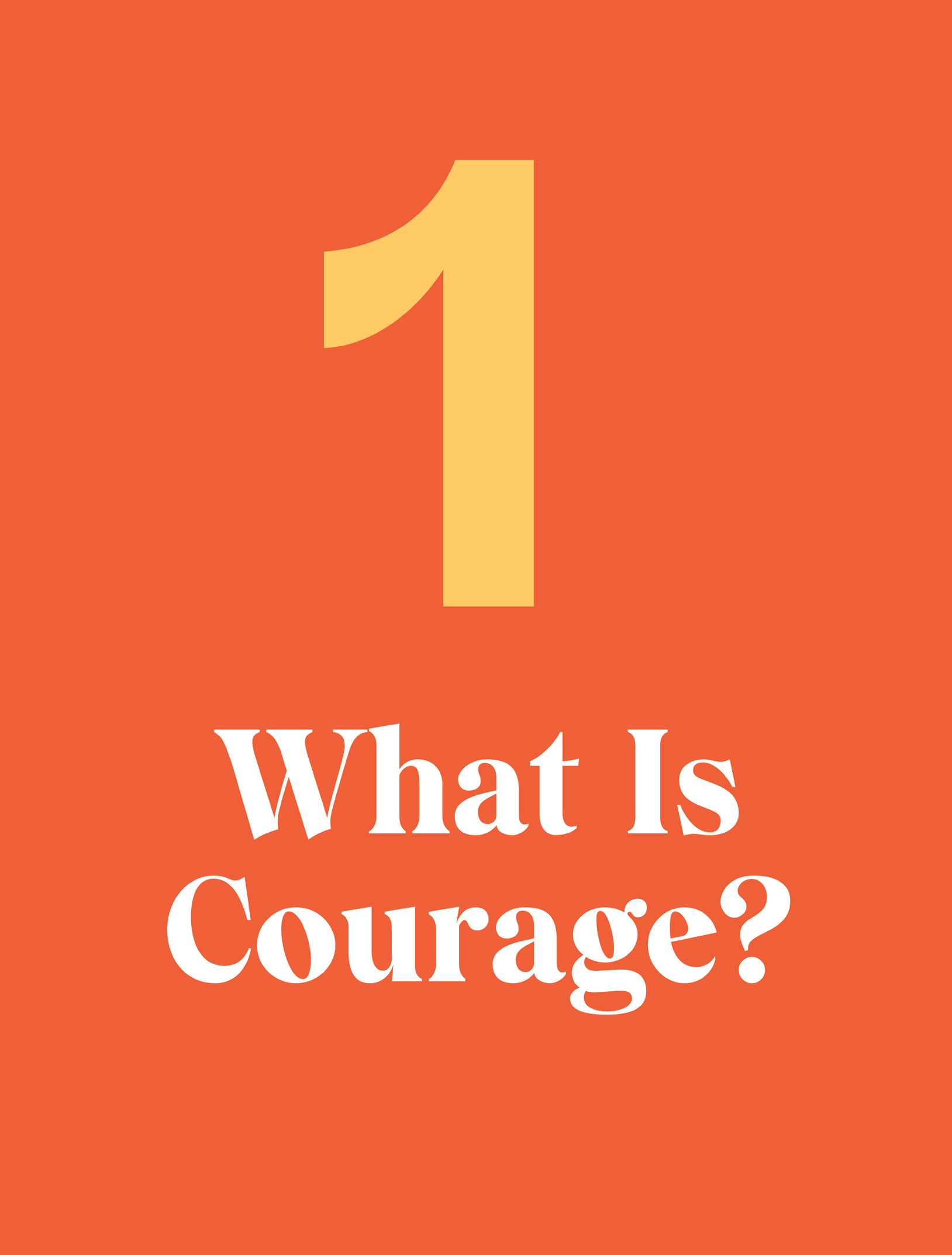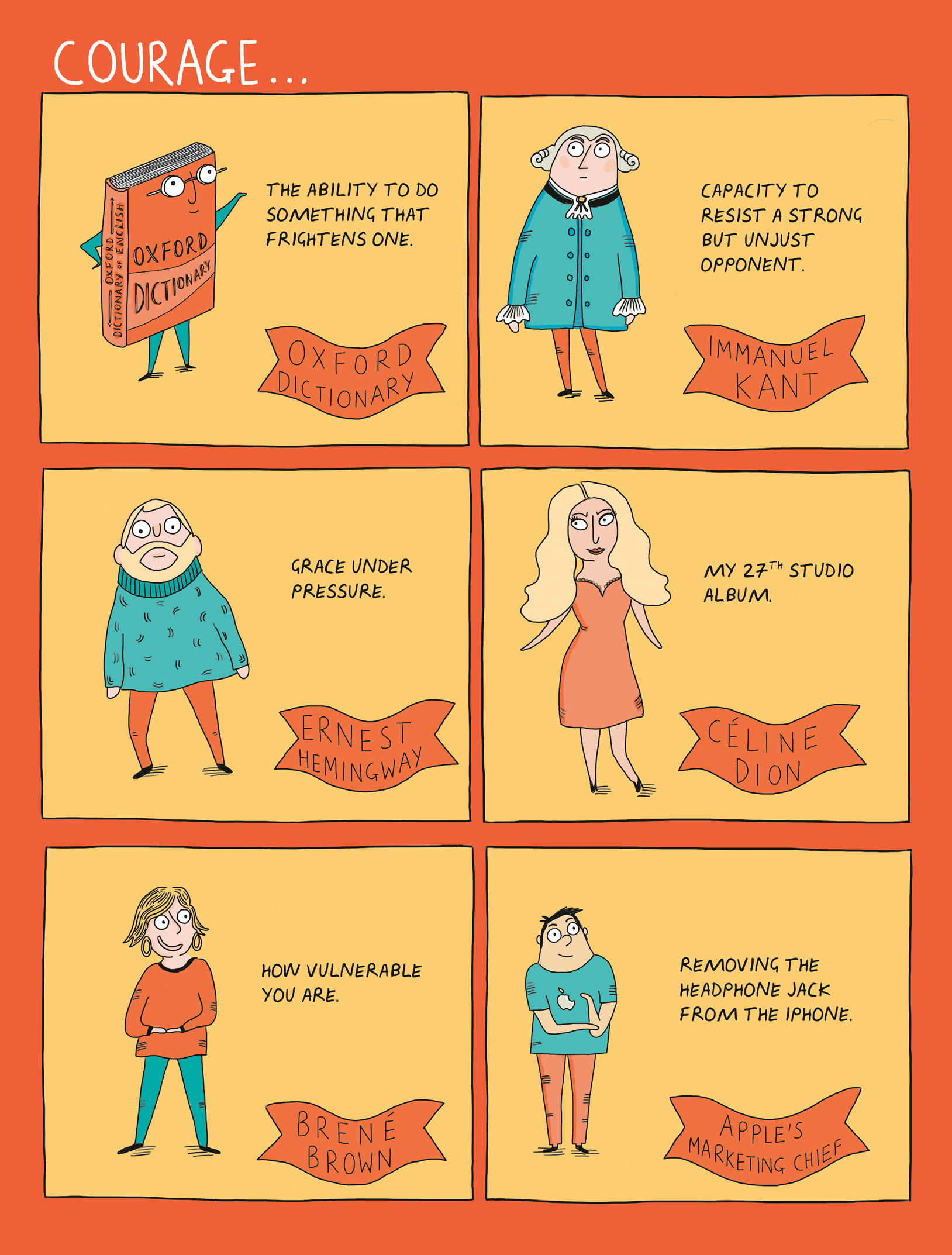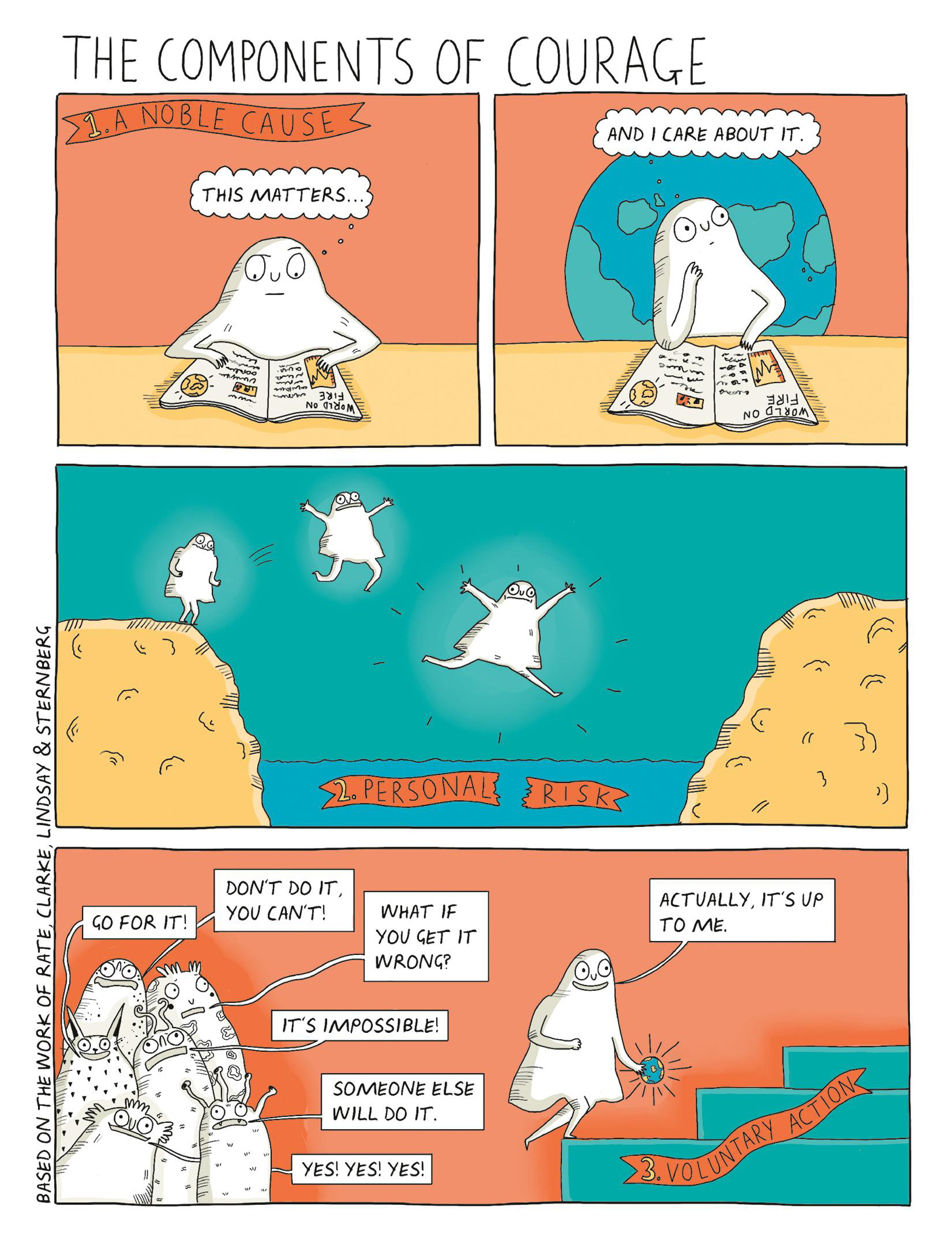Contents
Landmarks
Print Page List
Acknowledgments
Thank you: To the d.school, for being a font of strength and courage for me wherever I am in the world.
To Scott Doorley and Charlotte Burgess-Auburn, for giving me the opportunity to write this book, expertly guiding me through the process, patiently listening to my frustrations, and creating space for me to surprise myself with things I never thought I could do.
To Ruby Elliot, for taking my amateur scribbles and dialogue and transforming them into real comics with both levity and depth.
To Julie Bennett, my editor; Annie Marino, my book designer; Hannah Rahill, Emma Campion, Kelly Booth, Jane Chinn, and all the amazing people at Ten Speed Press. You know how to level things up.
To all the people who shared their stories of courage with me: Gaurav Baheti, Taylor Cone, Hamsa Ganesh, Nishita Gill, Somya Hastekar, Nikhil Jambagi, Ben Knelman, Amarjeet Kumar, Dhruv Lohumi, Aditya Pattanath, Swati Seth, Sneha Virmani, and Molly Clare Wilson.
To my parents, Avinash Goel and Uma Rani: your love and support always get me out of my buttermilk phases. I love you.
To my brothers, Gaurav and Sameer, who see the world in such different ways that it always forces me to reflect on my own worldview.
Finally, to Zomato. Without the opportunity to lead, the room to fail, and the challenges I had to navigate on the job, I mightve never noticed my own courage gap.
Epilogue
When, like me, you learn how to drive in a country like India, where traffic rules are a little lax, inevitably you will hit the car ahead of you or get hit by the car behind you. These unavoidable fender-benders are usually followed by a heated argumentfor the entertainment of the gathering crowd and for the drivers involvedto establish who was at fault.
I had watched my friends do it, and to my teenage self, this act of bravado seemed like a rite of passage that accompanied learning how to drive. Except I found the whole exercise to be a bit stupid. And when my time came, I was reluctant to engage. The accident had happened. It was done. I wondered why we couldnt just assess the damage and figure out a way forward. Wasnt that the smart thing to do?
Yes, moving on was the wise thing to do. And yet, when I did it, without a dramatic squabble, I felt like a coward. How was I supposed to feel? What was I supposed to do? Are being wise and being brave at odds with each other? Its a question I have thought about for a long time.
Courage is a choice. Courage is when you choose to be brave and wise. Courage is when you use your wisdom to know what matters to you and you use your bravery to act in spite of the risks. Too much wisdom and too little bravery and you end up with inaction. Too much bravery and too little wisdom ends in recklessness (and maybe a fight in the middle of the road in Delhi).
So, when is courage?
Courage is when your inner values match your outer actions. Hopefully you do it every dayeven if just in small ways. It will all add up, but and its still up to you.
Recommended Reading
The Achievement Habit: Stop Wishing, Start Doing, and Take Command of Your Life by Bernard Roth (New York: Harper Business, 2015)
Bird by Bird: Some Instructions on Writing and Life by Anne Lamott (New York: Pantheon Books, 1994)
Design Thinking: Understanding How Designers Think and Work by Nigel Cross (Oxford, England: Berg Publishers, 2011)
Gut Feelings: The Intelligence of the Unconscious by Gerd Gigerenzer (New York: Viking Adult, 2007)
How Good People Make Tough Choices: Resolving the Dilemmas of Ethical Living by Rushworth M. Kidder (New York: William Morrow, 1995)
Learned Optimism: How to Change Your Mind and Your Life by Martin Seligman (New York: Knopf, 1991)
Shoe Dog: A Memoir by the Creator of Nike by Phil Knight (New York: Scribner, 2016)
Thinking in Systems: A Primer by Donella Meadows (White River Junction, VT: Chelsea Green, 2008)
The War of Art: Break Through the Blocks and Win Your Inner Creative Battles by Steven Pressfield (New York: Rugged Land, 2002)
Why Loiter? Women and Risk on Mumbai Streets by Shilpa Phadke (New Delhi: Penguin Random House India, 2011)
Plato named courage (which he called fortitude) as one of the four cardinal virtues. The Oxford English Dictionary defines it as the ability to do something that frightens one. Ernest Hemingway, in a personal letter to the novelist F. Scott Fitzgerald, called it grace under pressure. (To be precise, Hemingway didnt use the word courage. Dorothy Parker, who profiled Hemingway for the New Yorker, assumed he was referring to courage with that phrase.) When Apple launched an iPhone without a headphone jack, Apples marketing chief described the choice as the courage to do something new. How do we pin down the meaning of a word that is both a cardinal virtue and marketing speak?
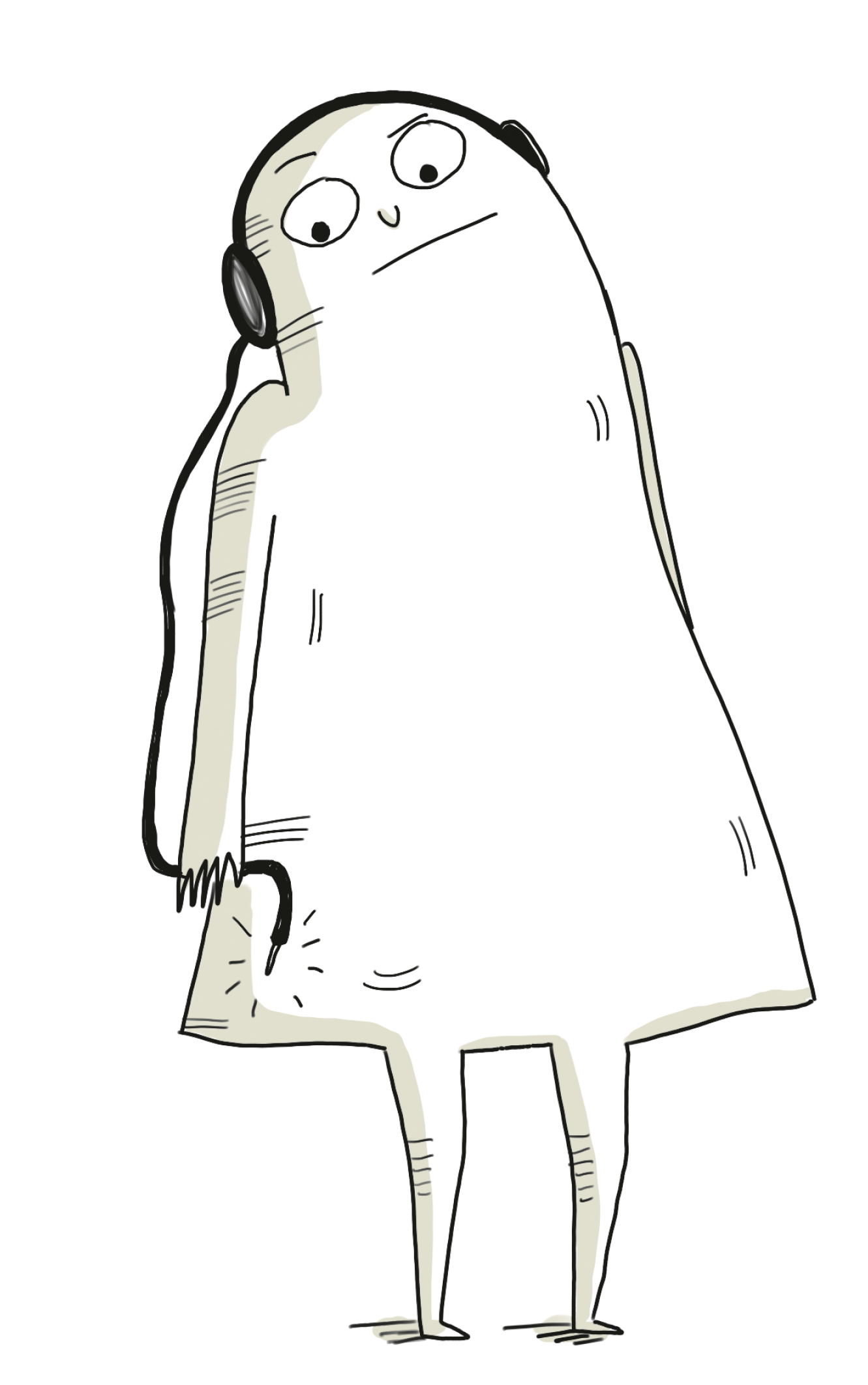
So, what is courage? To answer this question, a group of researchers from four universitiesYale, Penn State, the U.S. Air Force Academy, and Tuftshad an idea. They crafted thirty-three short stories featuring protagonists who were faced with a decision entailing different levels of risk and reward. Then they asked regular people to read the stories and decide when the protagonists had shown courage.
The researchers found that nearly everyone polled considered the protagonists to be courageous when three factors were present:
The person was motivated by a worthy (often noble) purpose. This could be saving someone, standing up to injustice, or just following through with a personal challenge.
There was personal risk involved. They could have been hurt by their actions or lost their social standing.
Their actions were voluntary. They made a choice and took responsibility for it, no matter what.
The researchers made a second observation that is equally illuminating: courage is an exceptional response to specific external conditions. It is not something you have or dont have. It is not a fixed trait. Courage is how you behave in a certain situation. All of us can act with courage when we need to.
So What is courage? is not even the right question. A far more useful inquiry is When is courage? What are the circumstances that make courage happen? And how can you create those circumstances in your own life?
Before I answer those questions, heres one more. Arent there differences between courageous acts, regardless of when they happen? You may be thinking that the courage to begin working on a new idea or change careers is not the same courage thats required to leap into the waves to save a drowning child. We tend to associate courage with big, momentous acts. And momentous acts do require courage, but so do the small acts of courage that we face on a daily basis.

